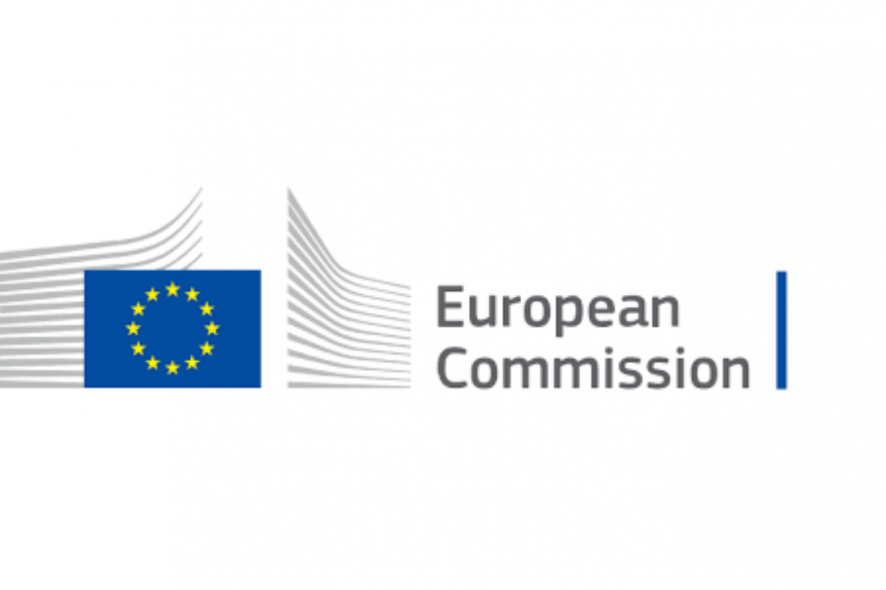The Council of the EU and the Commission found a political agreement to make the copyright rules fit for digital era in Europe and bring tangible benefits to all creative sectors, the press, researchers, educators, cultural heritage institutions, and citizens.
Better protection for European authors and performers and for journalism
The new Directive reinforces the position of European authors and performers in the digital environment and enhances high-quality journalism in the EU. In particular, it brings:
– Tangible benefits to all creative sectors, specifically creators and actors in the audio-visual and musical sectors, by reinforcing their position vis-à-vis platforms to have more control over the use of their content uploaded by users on these platforms and be remunerated for it.
– The principle of an appropriate and proportionate remuneration for authors and performers will be laid down for the first time in European copyright law.
– Authors and performers will enjoy access to transparent information on how their works and performances are exploited by their counterparts (publishers and producers). This will make it easier for them to negotiate future contracts and to receive a fairer share of the generated revenues.
– If publishers or producers fail to exploit the rights that authors and performers have transferred to them, authors and performers will be allowed to revoke their rights.
– European press publishers will enjoy a new right, which aims to facilitate the way they negotiate how their content is re-used on online platforms. It will give journalists the right to receive a greater share of the revenues generated by the online uses of press publications. This right will not affect citizens and individual users, who will continue to enjoy and share news hyperlinks as they do today.
New rules to reinforce the interests of citizens and internet users
Users will benefit from the new licencing rules which will allow them to upload copyright-protected content on platforms like YouTube or Instagram legally. They will also benefit from safeguards linked to the freedom of expression when they upload videos that contain rightholders’ content, i.e. in memes or parodies. The interests of the users are preserved through effective mechanisms to swiftly contest any unjustified removal of their content by the platforms.
The new Directive will ensure wider access to knowledge by simplifying copyright rules in the areas of text and data mining for research and other purposes, education and preservation of cultural heritage:
- Research organisations, universities, and other users will be able to make the most of the increasing number of publications and data available online for research or other purposes as they will benefit from a copyright exception to carry out text and data mining on large sets of data. This will also enhance the development of data analytics and artificial intelligence in Europe.
- Students and teachers will be able to use copyrighted materials in online courses, including across borders, for the purposes of illustration for teaching.
- The preservation of cultural heritage in the collections of European museums, archives and other cultural heritage institutions will have no copyright restrictions.
Users will also have access to works, films or music records that are no longer commercially available in Europe today, as well as wider variety of European audiovisual works on video-on-demand (VoD) platforms.
They will be completely free to share copies of paintings, sculptures and other works of art in the public domain with full legal certainty.
Copyright Reform: Commission welcomes European Parliament’s vote in favour of modernised rules fit for digital age
European Parliament voted in favour of the new Copyright Directive designed to bring tangible benefits to citizens, all creative sectors, the press, researchers, educators, and cultural heritage institutions.
Next Step
European Parliament will now need to be formally endorsed by the Council of the European Union in the coming weeks. Once published on the Official Journal of the EU, Member States will have 24 months to transpose the new rules into their national legislation.
Background
In September 2016 the European Commission proposed modernising EU Copyright rules for European culture to flourish and circulate, as part of the Digital Single Market strategy.
The EU Copyright reform is a priority file for the European Parliament, the Council of the EU and the European Commission. It modernises EU copyright rules which date back to 2001, when there were no social media, no video on demand, no museums digitising their art collections and no teacher providing online courses.
Press Release
European Commission







I have been absent for a while, but now I remember why I used to love this web site. Thank you, I will try and check back more often. How frequently you update your web site?